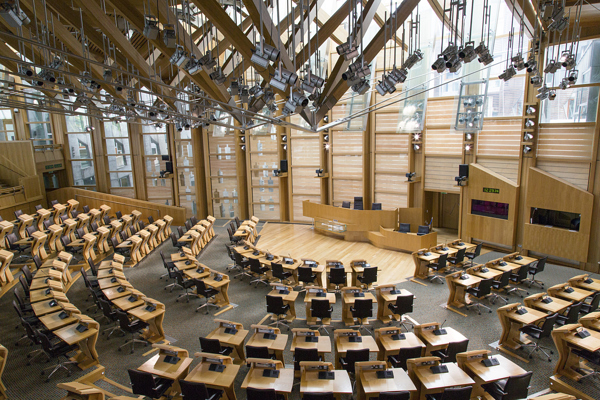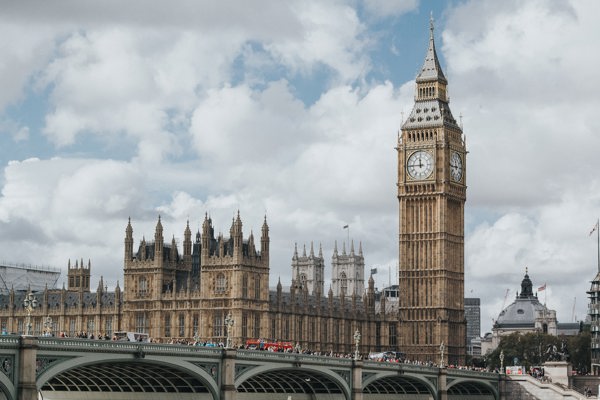It can be found on the Scottish Government's website and will give invaluable assistance to anyone authorised by the law to make decisions which can be challenged either before the Courts or other forums.
The Guide asks the reader 24 questions relating to making a decision and responding to a challenge. The intention is, of course, to reduce the number of decisions challenged. Scottish Government civil justice statistics, which can be found here indicate that 201 judicial reviews (JRs) court cases were initiated in 2021/22. It is suggested by the writer of this article that a significant number of these JRs will have been raised against public authorities seeking to challenge decisions made by them. The 201 figure is a 16% decrease on the number of JRs initiated in 2020/21.
All of the 24 questions in the Guide are important. Some examples are:
What decision makers need to consider before making the decision
Question 1 suggests that decision-makers begin by considering the power relied upon to make the decision in question i.e. where does the power come from and what is its purpose; what is the extent of the power conferred, including whether the power is discretionary, or whether it actually imposes a duty to act; and what reasons should be given. Without the law actually granting such a power, the decision maker will be acting ultra vires (i.e. beyond its powers).
Question 2 looks at how the decision-maker must use the power for a lawful purpose. A failure here will also be ultra vires. An example is given of a failure in this area where a local authority refused an application for a public entertainment licence from a circus, on the basis that the authority had a policy that animals performing in circuses was wrong. However, the Court decided a JR in the circus' favour on the basis that as Parliament had legislated separately to allow those who wished to exhibit performing animals to apply for registration, the local authority's decision was ultra vires.
Question 3 encourages decision-makers to only base decisions on relevant factors and considerations, including those which the law obliges them to consider. An example of a likely irrelevant factor is given: the media's potential reaction to a decision. The point is also made that the facts on which the decision is based should be accurate and up to date.
Question 4 reminds decision-makers that when they enjoy a discretion in exercising a power, any pertinent policy the public authority has developed must be considered, but not blindly followed: the decision-maker must be prepared to make exceptions to any pertinent policy.
Questions 7-11 recommends that decision-makers consider what effect the Scotland Acts, human rights law, retained EU law, equality legislation, and environmental duties they may be subject to has on the matter.
A reminder about the public purse
Question 12 raises the pragmatic point that public authorities are responsible for the efficient and effective use of public funds and that decision-makers need to be very clear on the financial implications of their decisions. Some public authorities are bound by the Scottish Public Finance Manual and procurement law might be relevant.
How to take the decision
Questions 13-17 address the way which the decision is made. What is said here is that decision-makers need to: (i) comply with natural justice (e.g. give anyone likely to be affected by the decision adequate notice to make representation should they so wish, and then give consideration to any made); (ii) follow any specific procedural requirements relating to the decision (e.g. that a draft decision should be published before the final decision is made); (iii) consult properly with persons likely affected by the decision; (iv) treat affected persons with procedural fairness; (v) avoid even an appearance of bias; and
(vi) handle date in line with any data protection and freedom of information obligations which apply.
The taking of the decision
Questions 18-19 turn to the actual taking of the decision. Here the Guidance advises that decision makers: (i) check that the decision is reasonable (and not 'Wednesbury' unreasonable in the sense that no reasonable person acting properly could have taken it), with no consideration being given to irrelevant information and undue weight not being attached to any relevant information; (ii) remember to assess whether the decision is proportionate where human rights law (or, in some cases, retained EU law) applies.
The Guide makes clear that it is not intended to be a substitute for seeking legal advice. However, if followed, it should help those both seeking and giving legal advice, to focus on the salient issues and so save time and expense. We would warmly commend the Guide to all those making decisions which are potentially subject to review by the courts or other bodies.


